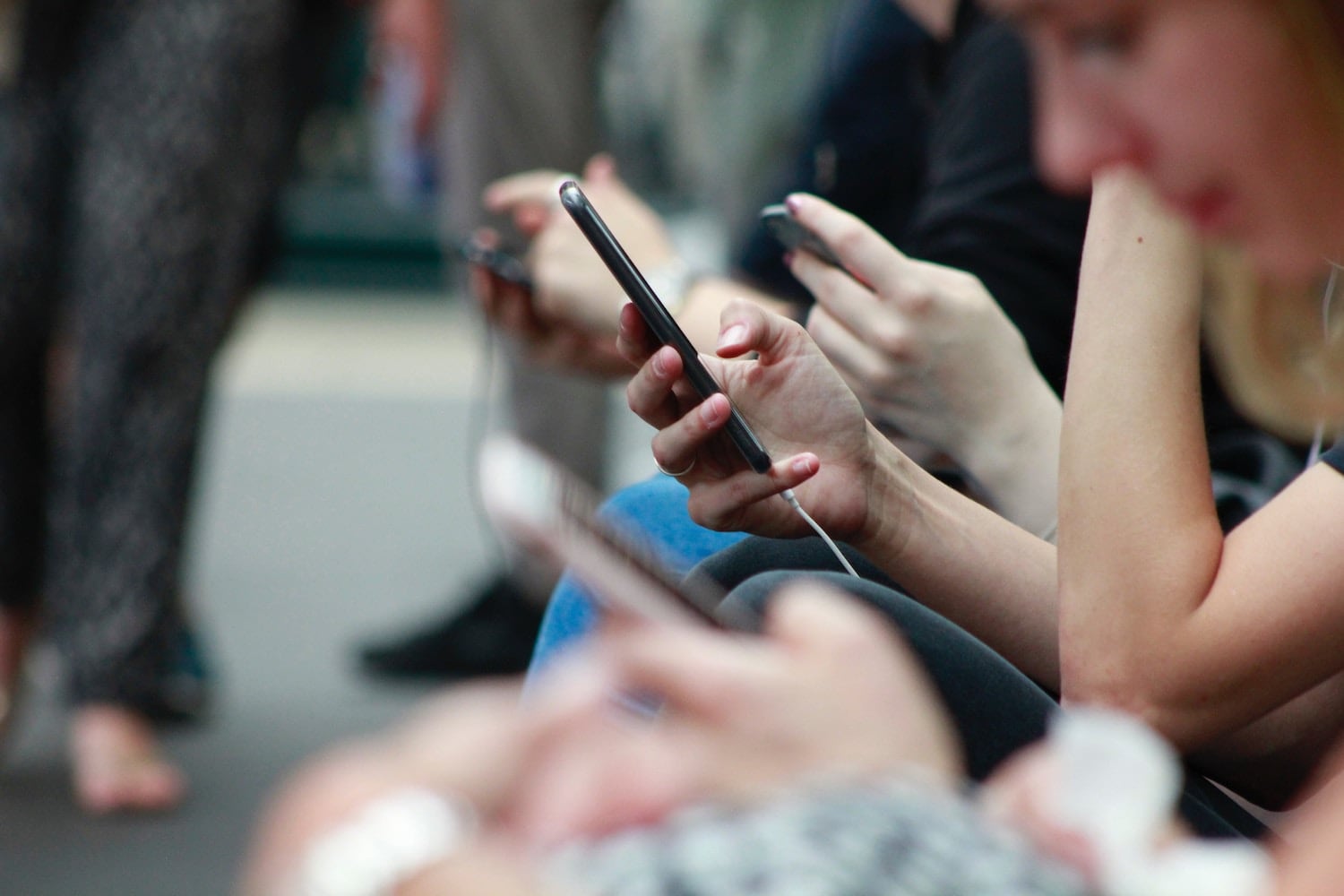The term has been floating around for a while, but the last year has seen burnout come to the forefront of discussions on mental health, workplace wellness and stress. Last month, the World Health Organization (WHO) officially recognised burnout in its 11th Revision of the International Classification of Diseases, but what exactly is burnout, what causes it, and more importantly, how do you recover from it? Compare Retreats speaks with Dr Laurena Law (GP) on burn out and the culture surrounding it to tell you everything you need to know about burnout.

What is burnout?
Burnout is an extreme form of stress and anxiety, described by WHO as a “syndrome conceptualised as resulting from chronic workplace stress that has not been successfully managed.” Stress can cause a variety of physical symptoms when experienced in extreme or prolonged situations, and burnout takes that even further.
“Stress and anxiety are emotions that we experience in our everyday lives, from having to give a presentation at work to taking an exam, receiving bad news or running late,” explained Dr Law. “However, with burnout, these emotions are more persistent, recurrent and chronic to the point where we may start to experience sleep problems, difficulty focusing, physical pains, indigestion, or frequent infections and hormonal issues.”
Find meditation retreats on Compare Retreats today.
What are the symptoms of burnout?
People who experience burnout often experience sleep problems like difficulty falling asleep or staying asleep, chronic fatigue, issues with concentration and forgetfulness, lack of motivation or drive, headaches, neck pain, back pain, stomach and digestion issues, and recurring colds or illness. “It begins to affect our relationships, work and enjoyment in life too,” says Dr Law. As the symptoms pile up to people feeling low-energy and very literally ‘burnt out’.

What causes burnout?
There’s no one thing that causes burnout, however, it is most often related to work stress, overworking, and unmanageable workloads, compounded by toxic relationships with technology and a lack of or deprioritising of all-around wellbeing. “Our modern lives are now in buildings, our food sources have changed and also technology and internet allows us to interact across different time zones,” explains Dr Law, and highlights sleep disruptions as a key contributing factor in burnout.
“While all these things have brought a lot of advantages, our circadian rhythm has become disrupted. The blue light at night from our devices can cause a shift in our hormones and neurotransmitters which disrupts our sleep time and quality.” Technology has resulted in us always being ‘on’ and people are finding it harder than ever to switch off from work.
In addition to sleep, the change to our diet from predominantly whole foods to processed and long-life foods over the past 50 years has added an extra layer of complexity to the issue: “Optimal nutrients are needed and although most of us have plenty of food all year round, our food quality is very different. Around 90% of us do not meet the daily recommendation of fruits and vegetables,” says Dr Law, which affects brain function and worsens issues like concentration and memory.
Find stress management retreats on Compare Retreats today.
Who does burnout affect?
Burnout can affect anyone and everyone, though certain groups of people are certainly more at risk of it. Those in high-pressure, fast-paced working environments should take extra care to disconnect, and because of the increased usage of technology and social media, Millennial and Gen Z groups have a harder time switching off than their parents. “Social media has changed the way we interact, communicate and learn so that information is available 24/7 and we now accept this as normal, which we didn’t have in earlier generations,” notes Dr Law. Another group at risk are, surprisingly, doctors. “Often the training and work schedules are gruelling and the institutions often turn a blind eye to this,” explains Dr Law. “There is fear among doctors to seek help, in case they are reported to the medical council as being impaired and not fit to work as a result of their symptoms.”
Dr Law suggests a potential antidote to this in future generations is increased education about lifestyle choices at schools, universities and professional institutions. “What should we eat or drink, how much should we move, why is sleep important and why do we need to learn to connect with each other and ourselves so that we are able to live optimal and meaningful lives are all important in supporting our physical and mental wellbeing.”
Find digital detox retreats on Compare Retreats today.

Who should you see about burnout?
Depending on the severity of your symptoms, you might want to see a doctor, mental health specialist or naturopathic practitioner to discuss your symptoms. This can help uncover the root cause of your burnout, and highlight some lifestyle alterations you can make to reduce and reverse the symptoms.
Taking time out from work and going on holiday can help give you perspective and space from the underlying cause of your burnout. Going on a wellness retreat with a focus on dealing with stress and providing support in making sustainable lifestyle changes can be a great way to disrupt bad habits and reset mentally and emotionally, or opting for a digital detox can enable you to switch off and reevaluate your relationship with technology.
What is the antidote to burnout?
Luckily, the effects of burnout are reversible, and the earlier you identify and address them the better. Dr Law recommends those suffering from burnout to pause and consider these five different areas of their lives: “Am I getting enough good quality sleep? Am I getting enough whole fresh foods and clean water? Am I doing enough exercise or am I over-exercising? Find something fun, enjoyable or meaningful that you can do each day —not for any purpose or goal but just for yourself. It could be taking a relaxing bath, writing in a journal, playing an instrument, listening to music, singing, going for a walk. Finally, connect with your support system — most importantly, without the interruptions of technology or devices.”
Mindfulness activities like meditation can help when dealing with work stress, while regular exercise has been proven to improve mood, boost self-esteem and help deal with stress. Maintaining good sleeping habits, like limiting the use of devices late at night, reducing caffeine in the afternoon, and using alternative wellness tools like aromatherapy can all help improve your sleep, and set you up to manage your stress better.
Setting boundaries in your professional and personal life, and blocking in time for yourself is vital to managing your stress and reducing the symptoms of burnout. While doing all five of these things every day might not be possible, the main point is prioritising yourself and your wellness. “It’s important to schedule in time for rest and recovery just as much as it is for important meetings, appointments and deadlines.”
Find out more about Dr Laurena Law here and follow her on Instagram at @doc_laurena.



